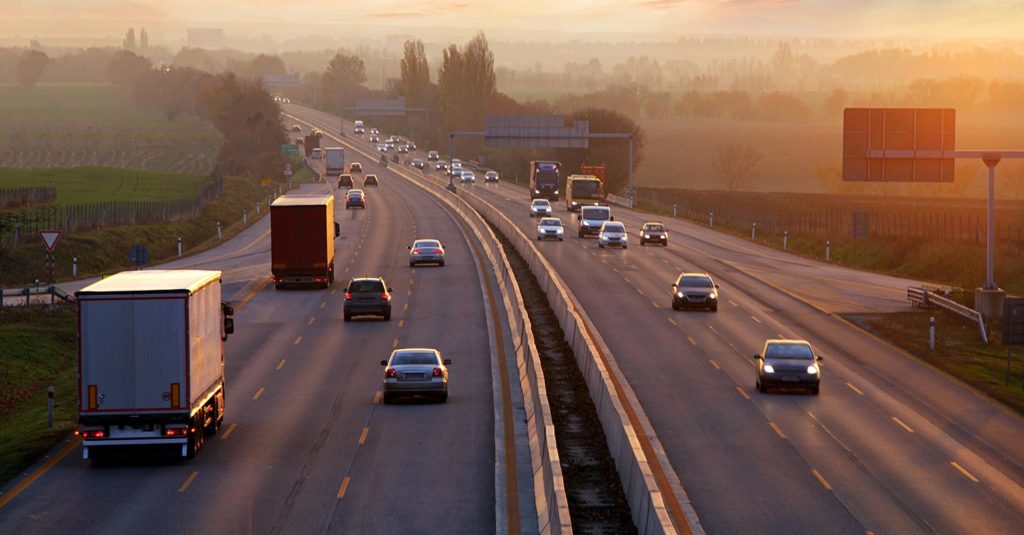Update: driving alternatively-fuelled vehicles on your Category B ‘car licence’
In 2018 the law changed to permit Category B “car” licence holders to drive vehicles above the normal 3.5 tonnes (up to max 4.25 tonnes) so long as:
- the vehicle is alternatively-fuelled (i.e. powered by electricity, natural gas, biogas, hydrogen or both hydrogen and electricity)
- it is not driven outside Great Britain
- it is used for the transportation of goods
- it is not towing a trailer
- the driver has completed at least five hours’ training.
The background
The introduction of alternatively-fuelled vehicles into fleets is regarded as very important as part of the overall low emission strategy. The policy purpose behind the Cat B licence change is to encourage the use of alternatively-fuelled vehicles but the technology within alternatively-fuelled vehicles can be heavier than in traditionally-fuelled ones, reducing payload and hence commercial benefit creating a disincentive.
Driver training
The Department for Transport has on 29 April 2019 announced the training syllabus to certify drivers to demonstrate proof of training. (The certificate cost will likely be £15 plus VAT). The proposed syllabus comprises three units: a) preparing the vehicle and contents for daily use b) driving in accordance with the Highway Code / legislation and c) safe and efficient vehicle use. The Driver and Vehicle Standards Agency (DVSA) recommends the training be a mixture of theory and practical demonstrations with driving practice following the five hours’ training. Only instructors on either the National Register of LGV Instructors or the National Vocational Driving Instructors Register can carry out the training.
Operator Licensing
Goods vehicles that are alternatively-fuelled not exceeding 4.25 tonnes mam (maximum authorised mass) are now exempt from operator licensing since late 2018. These vehicles must be fuelled entirely by alternative fuel, defined as electricity, hydrogen, natural gas or liquefied petroleum gas. Further, any electrically-propelled goods vehicles are exempt if first registered prior to 1st March 2015.
Driver’s hours and tachographs
Operating above 3.5 tonnes means EU-drivers’ hours still come into play. Exemptions include one for alternatively-fuelled vehicles (natural or liquefied gas or electricity) carrying goods within a 100 kilometre radius of the company base and not exceeding 7.5 tonnes mam. If a driver is EU rules-exempt he or she will default into GB domestic drivers’ hours rules, assuming it is a commercial not a private journey, however.
Annual testing
This regime applies for all vehicles above and below 3.5 tonnes, with electrical goods vehicles having lost their exemption unless first used prior to 1st March 2015.
Speed limits and speed limiters
Current rules apply including speed limiters for goods vehicles over 3.5 tonnes restricting speed to 90 kilometres (56 mph) and 100 kilometres (62.5 mph) for passenger carrying vehicles with more than eight passenger seats (PSVs).
Driving with no training / certificate
If a driver is discovered driving an alternatively-fuelled vehicle above 3.5 tonnes on a Category B “car” licence without the necessary training then this will quite simply create the normal offence of ‘driving otherwise than in accordance with a driving licence’. (The offence of driving with no insurance may also be pursued, of course.) A Category C licence holder will be able to drive any alternatively-fuelled goods vehicle weighing more than 3.5 tonnes without additional training.
Driver CPC
If an alternatively-fuelled vehicle up to 4.25 tonnes is being driven on a Category B licence it will not be necessary for the driver to have acquired a full driver’s Certificate of Professional Competence (CPC) qualification. (Driver CPC only covers Cat C & Cat D commercial work).
The information provided above is a general overview and not definitive legal advice. If you require formal advice about a specific set of circumstances then please contact us.
Tags: Alternate fuel, Lawyers, operators licence, Regulatory, Road, road transport, Solicitors, Tim Ridyard, Traffic, Transport
How can we help?
If you have an enquiry or you would like to find out more about our services, why not contact us?

